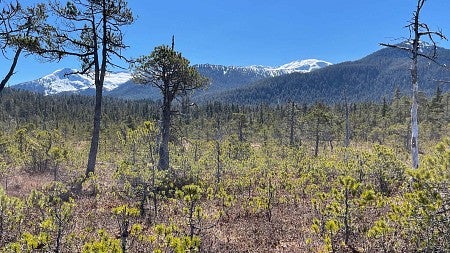Why Study Geography? Because in an ever more connected world, place still matters.
How do physical and national boundaries affect power and inequality?
Why is water central to global politics, culture, and economics? How does place influence who we are, how we act, and the choices we make?
Geography isn’t just about knowing your way around a map. It’s about knowing your way around our changing world. In our geography courses, you’ll gain in-demand skills: critical analysis, communication, a global perspective, and an understanding of human-environment dynamics.
Discover the #WhyofWhere.
Questions about the program? Schedule an appointment with our departmental advisor.
Major in Geography
We offer two major programs of study, Geography and Spatial Data Science and Technology.
- Geography: The Geography major offers five different concentrations, allowing students to customize their course of study.
- Spatial Data Science and Technology: Students in this major study the development and use of geospatial data and technologies.
Explore Our Minors
We offer two minors, Geography and Climate Studies. Both minors complement a Geography major as well as many other programs.
- Geography: A Geography minor adds depth in geography to your major field of study.
- Climate Studies: Our Climate Studies minor allows students to examine the processes shaping the earth’s climate and how it’s changing.
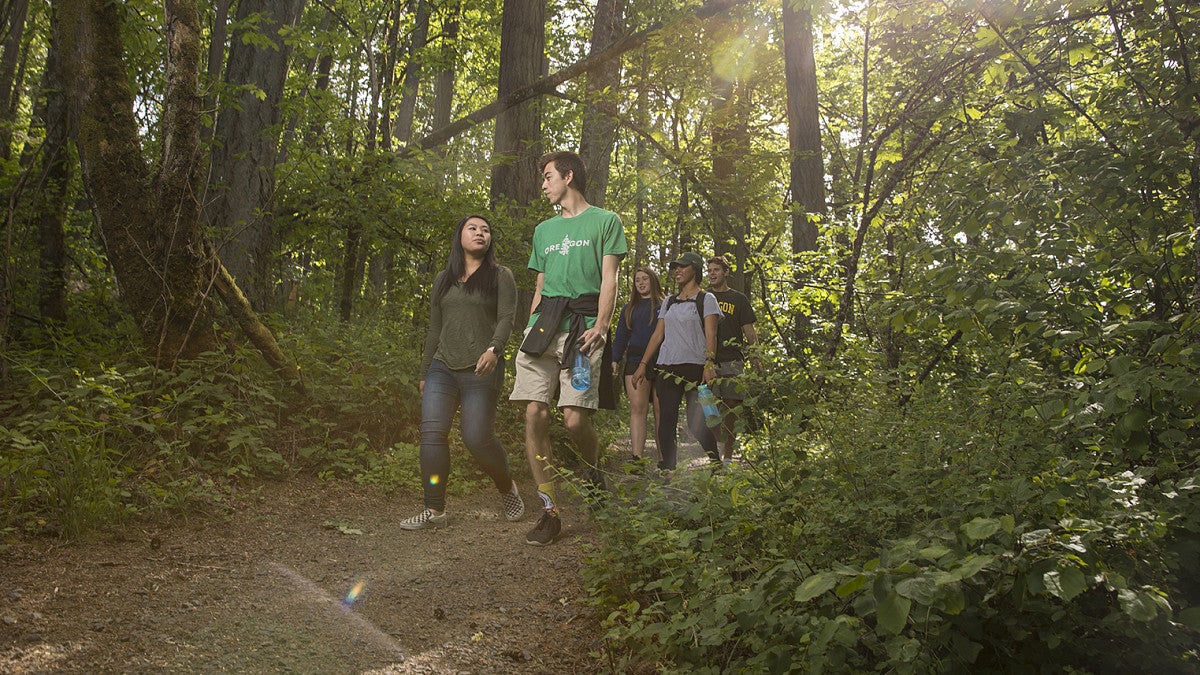
Chart Your Course
Within our department, you'll work with real data about real-world situations around the globe. Through this authentic exploration, you'll develop an understanding of the processes that shape the world around us, from the climate to politics to environmental and social injustice.
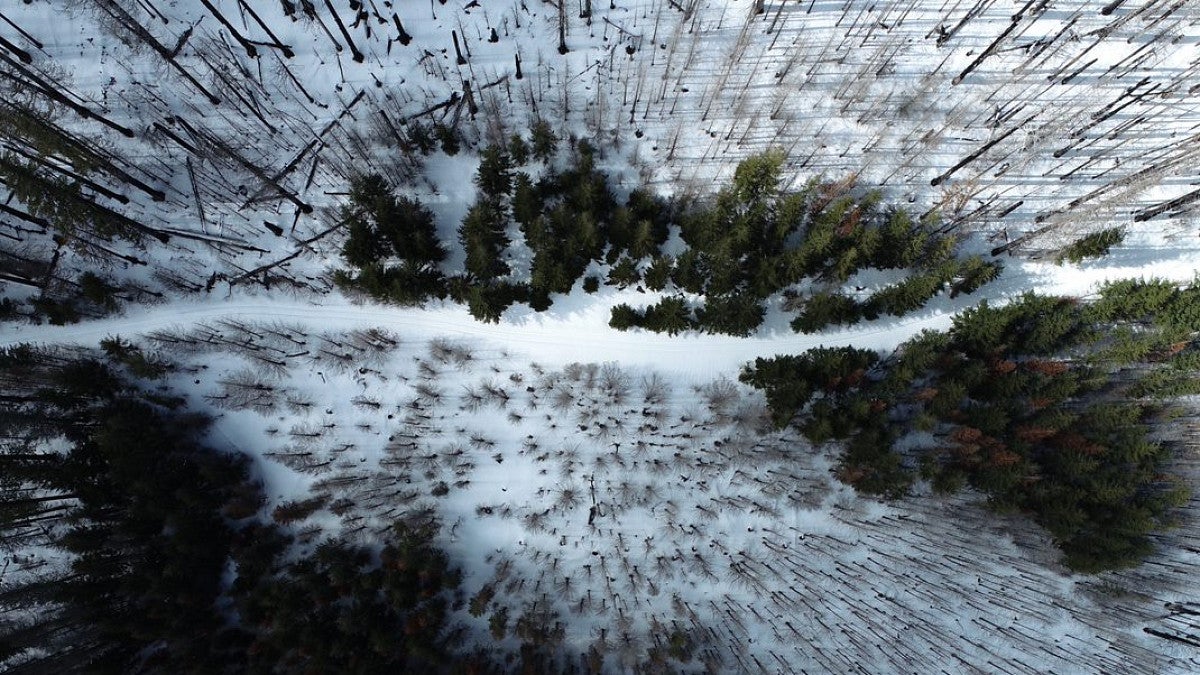
Gain Real-World Experience
The best way to learn about geography is to get out into the world and experience new places. Our students are drawn to experiential learning opportunities such as internships and study abroad programs.
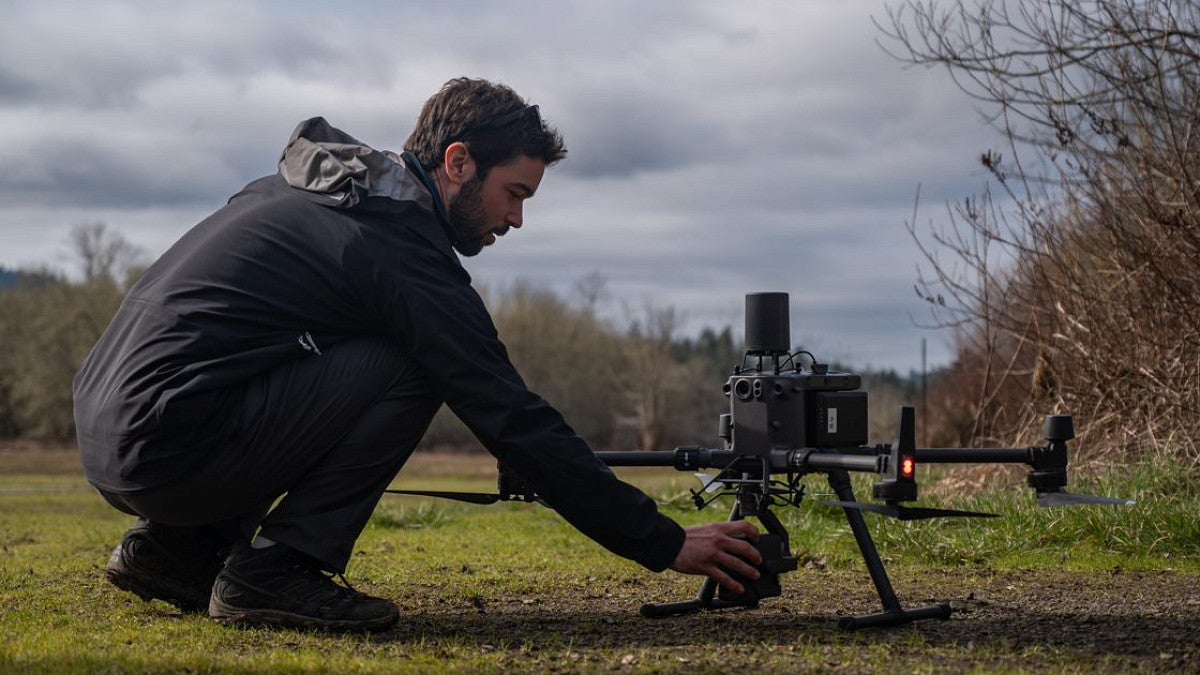
What You Can Do With a Geography Degree
A Geography or Spatial Data Science and Technology major can prepare you to work in many fields. Learn about possible careers and hear from alumni.
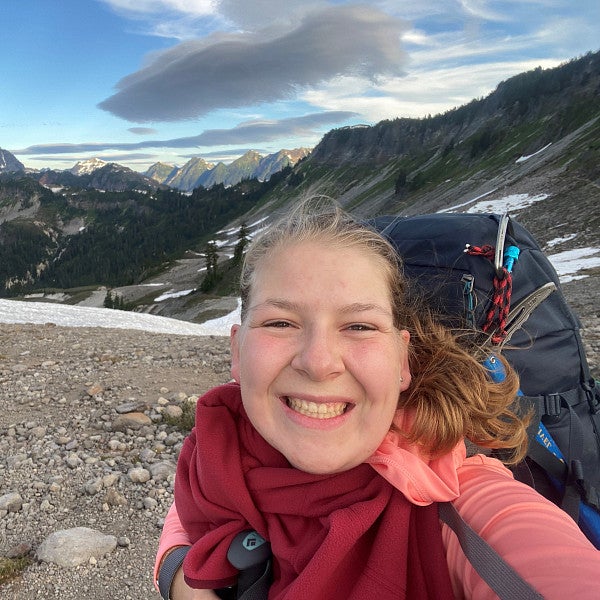
Reframing Climate Change Narratives
“Climate change is threatening both glaciers and salmon in Washington State, putting the state’s economy, culture, and ecosystems at risk. However, the overlapping climate change issues are framed and understood in different ways by different stakeholders which affects policy and climate action. Through extensive narrative review and analysis, I found that the spatial location of a stakeholder (in-state vs. out-of-state) has a significant impact on the framing of these climate issues, and that by combining narratives of actionable climate issues (like salmon declines) with more hopeless ones (glacier retreat), we can transform climate narratives to be more effective for inspiring climate action.”
—Jenna Travers, Geography minor
Advising and Support
Schedule an appointment with a faculty or peer advisor, find important department forms and get answers.
Scholarships and Awards
Need help funding your education? Explore scholarship opportunities for Geography majors.


